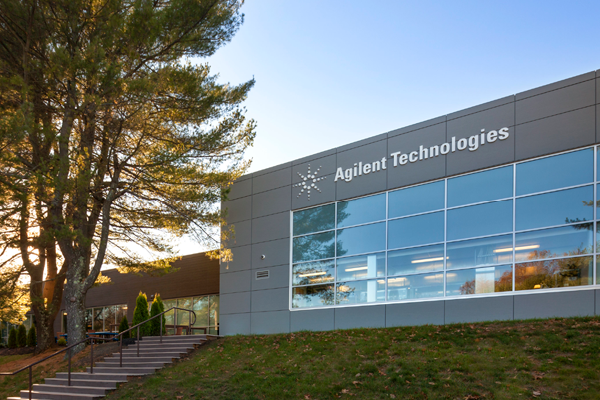
Agilent Center of Excellence - Lexington
121 Hartwell Ave.,
Lexington, MA 02421
This premier event is dedicated to the exploration and discussion of cutting-edge chromatographic purification techniques and is the perfect platform to explore the latest advancements, share insights, and connect with peers in the field. Network, join a round table discussion, and hear from industry experts on topics likeearly drug discovery, and productivity in high-throughput labs. This event is free to attend but seating is limited so reserve your spot today!